Marlene Roth & Tobias Mohr
How to sabotage your software development with agile? – 10 pro tips for guaranteed success
#1about 4 minutes
The problem with modern agile development
The original intent of the Agile Manifesto has been lost to complex frameworks and certifications, requiring a return to basic principles.
#2about 3 minutes
Avoid creating an agile cargo cult
Copying the superficial aspects of agile companies without understanding the underlying principles leads to failure.
#3about 1 minute
Protect engineers' focus from excessive meetings
Managers' meeting-heavy schedules disrupt the long blocks of focus time that software engineers need for complex problem-solving.
#4about 2 minutes
Prefer asynchronous communication over synchronization meetings
Excessive cross-team synchronization meetings can be replaced with asynchronous communication and findable knowledge bases to save time.
#5about 2 minutes
Align team structure with software architecture using Conway's Law
Since a system's architecture mirrors the organization's communication structure, teams should be organized by value stream, not by technical function.
#6about 1 minute
Recognize software engineers as designers, not just coders
Underestimating software engineers as mere 'programmers' ignores their crucial role in designing scalable and reusable systems.
#7about 1 minute
Define the role and purpose of an agile coach
Agile coaches should focus on improving processes and removing impediments, not acting as secretaries or event planners.
#8about 4 minutes
Empower product owners with authority and dedicated time
Product owners cannot succeed when they are part-time, lack decision-making power, or are senior managers without context.
#9about 3 minutes
Choose between project mode and product mode
Use a fixed-scope project mode for simple digitization, but adopt an iterative product mode for complex problems with unknown requirements.
#10about 3 minutes
Prioritize hands-on learning over formal certifications
The proliferation of agile certifications distracts from the most effective way to learn, which is by doing the actual work.
#11about 3 minutes
Balance team autonomy with management-defined boundaries
Effective management in an agile context involves defining the 'playing field' and constraints, then granting teams full autonomy within them.
#12about 1 minute
Three key principles for successful agile adoption
True agility comes from finding the right approach for your context, providing team autonomy, and focusing on people's growth over certifications.
Related jobs
Jobs that call for the skills explored in this talk.
Technoly GmbH
Berlin, Germany
Senior
JavaScript
Angular
+1
Wilken GmbH
Ulm, Germany
Intermediate
Senior
JavaScript
Docker
+1
Matching moments

01:38 MIN
Pitfall 1: Treating agile as a rigid process
Unveiling the Dark Side: Navigating the Pitfalls of Digital Ambitions
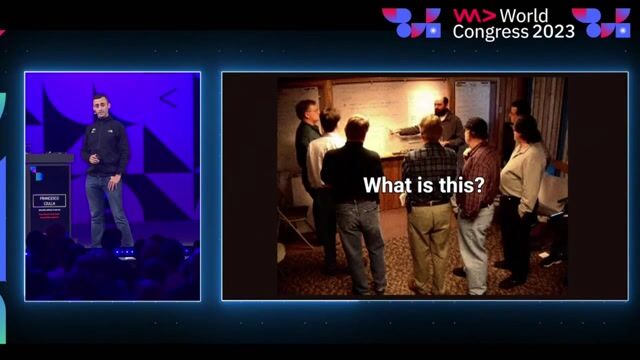
03:11 MIN
The Agile Manifesto's impact on development workflows
From Punch Cards to AI-assisted Development
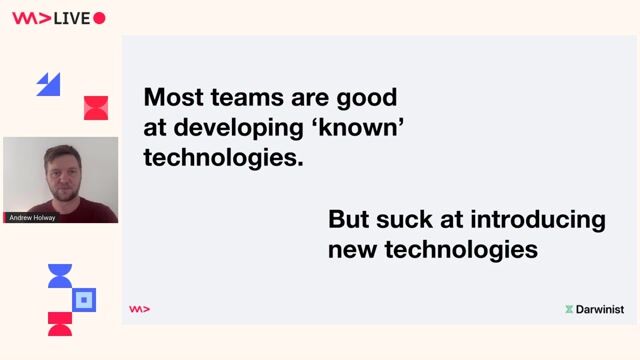
04:03 MIN
Why agile teams struggle with adopting new technologies
Retooling and refactoring - an investment in people.

01:55 MIN
Questioning the effectiveness of traditional agile processes
ShapeShift: Reinventing Agile for a B2B SaaS Scale-Up

05:11 MIN
Rethinking agile and scrum development processes
Coffee with Developers - Cassidy Williams -

02:24 MIN
Why bad software is a communication problem
What makes a great Software Engineer? Challenging our Assumptions Instead of Talking about Imposter Syndrome

03:04 MIN
Pitfall 6: Misapplying industrial metaphors to software development
Unveiling the Dark Side: Navigating the Pitfalls of Digital Ambitions
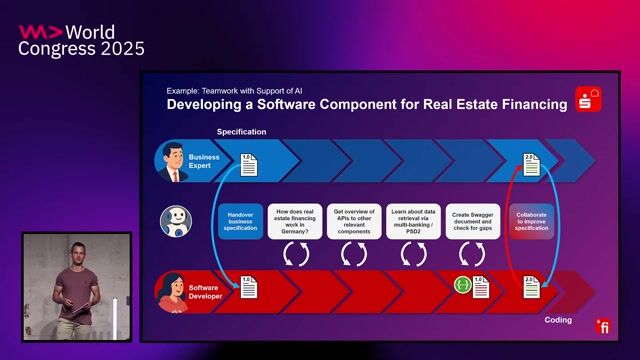
04:57 MIN
Implementing agile practices within waterfall structures
Breaking Silos: Successful Collaboration Between Tech & Business Teams in Complex Enterprise Systems
Featured Partners
Related Videos
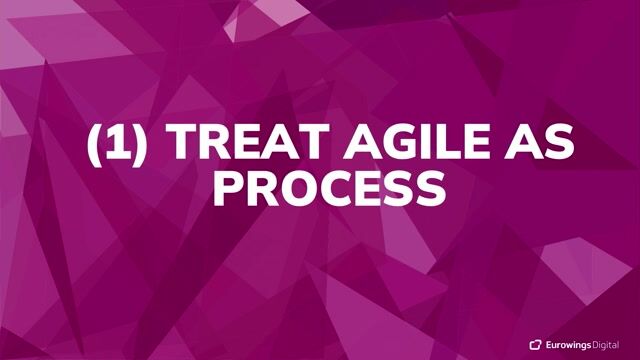 21:39
21:39Unveiling the Dark Side: Navigating the Pitfalls of Digital Ambitions
Johannes Hansen
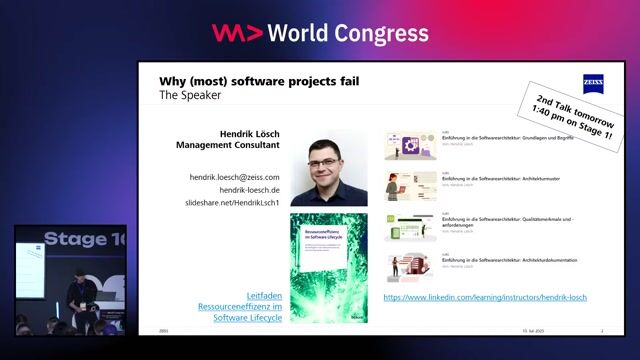 28:17
28:17Why (most) software projects fail silently...
Hendrik Lösch
 39:49
39:49Antipatterns - nemesis of software development
Mustafa Toroman
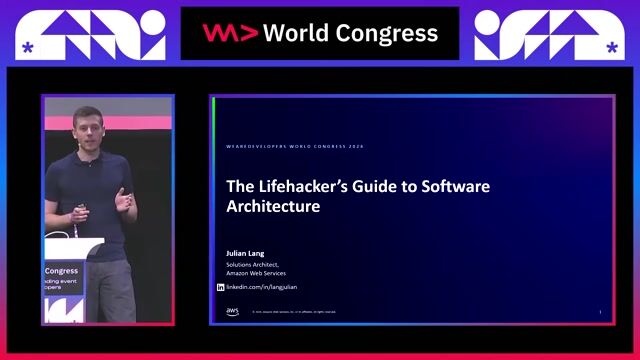 25:40
25:40The Lifehacker's Guide to Software Architecture
Julian Lang
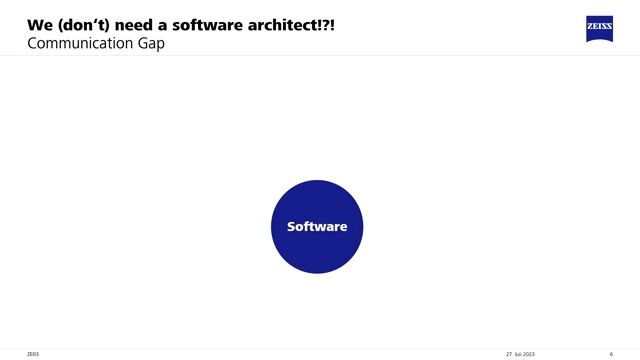 24:52
24:52We (don't) need a software architect!?!
Hendrik Lösch
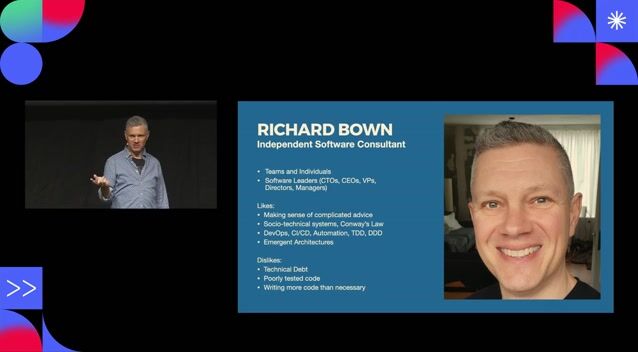 23:44
23:44The QUEST for Better Software
Richard Bown
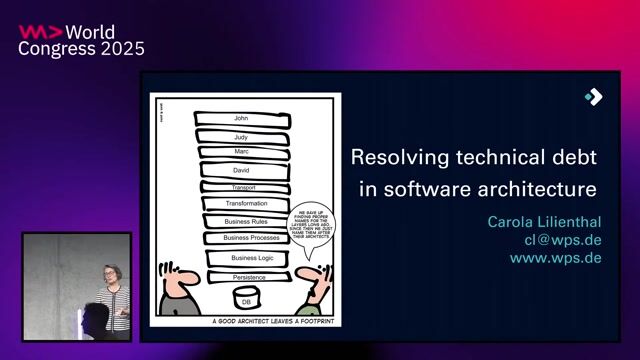 24:38
24:38Resolving technical debts in software architecture
Carola Lilienthal
 46:48
46:48Seven Myths, Three Reasons, One Goal
Stefan Priebsch
Related Articles
View all articles
.webp?w=240&auto=compress,format)


From learning to earning
Jobs that call for the skills explored in this talk.

generic.de software technologies AG
Karlsruhe, Germany
Scrum
Agile Methodologies







Helloagile | Hellodesign
Wiesbaden, Germany
Scrum
Agile Methodologies
